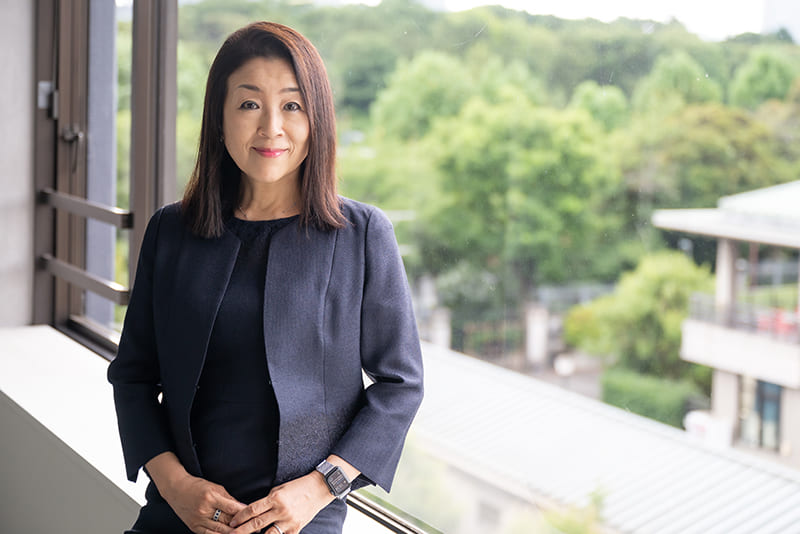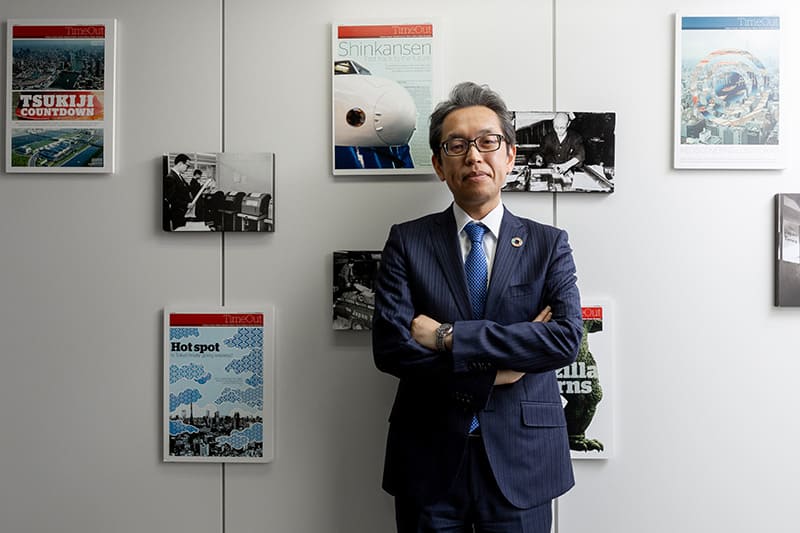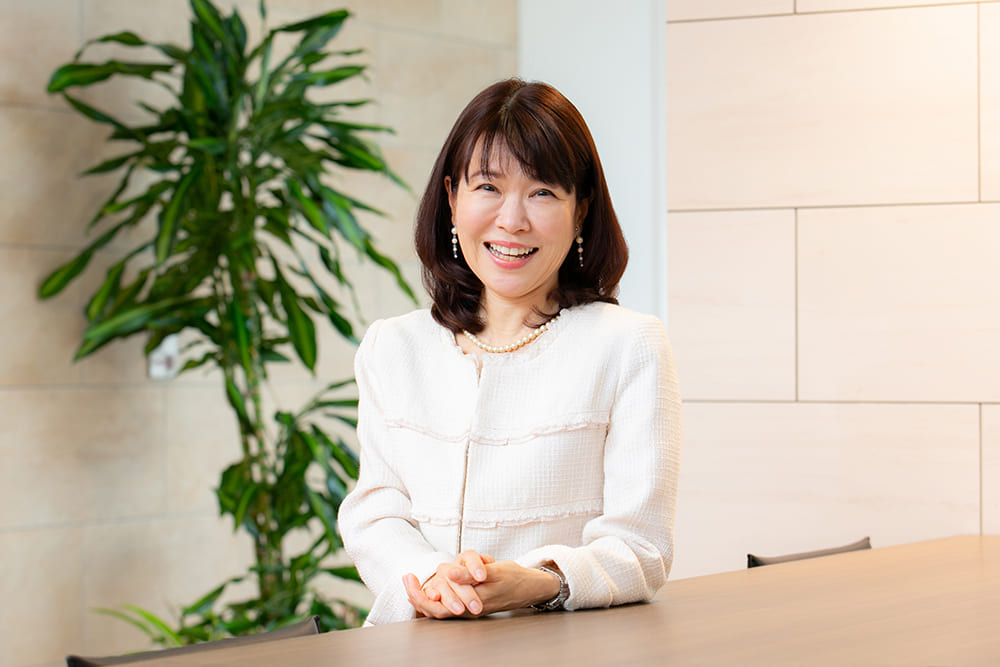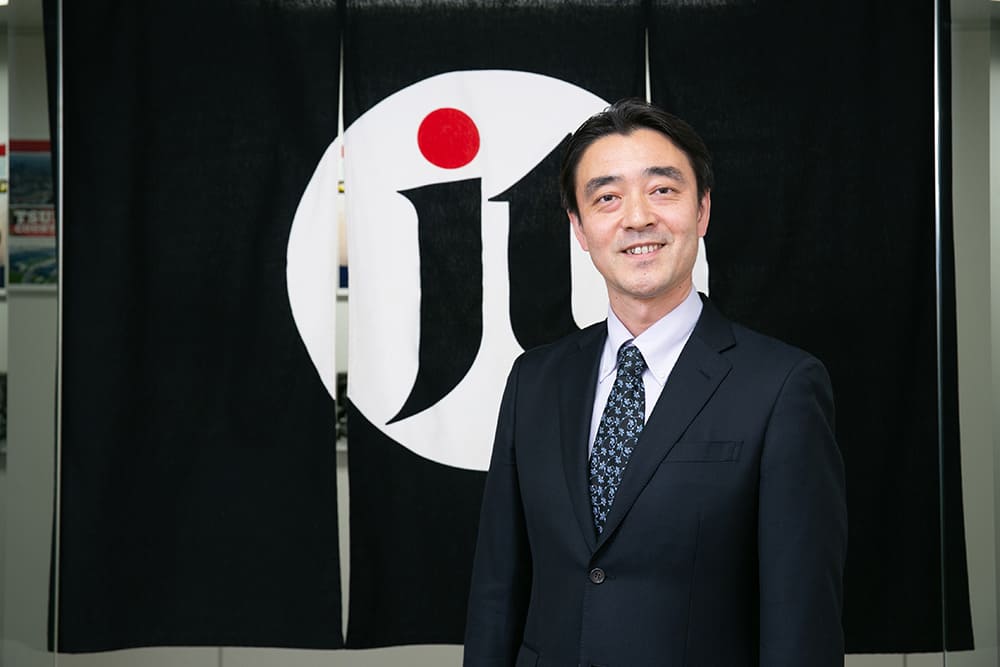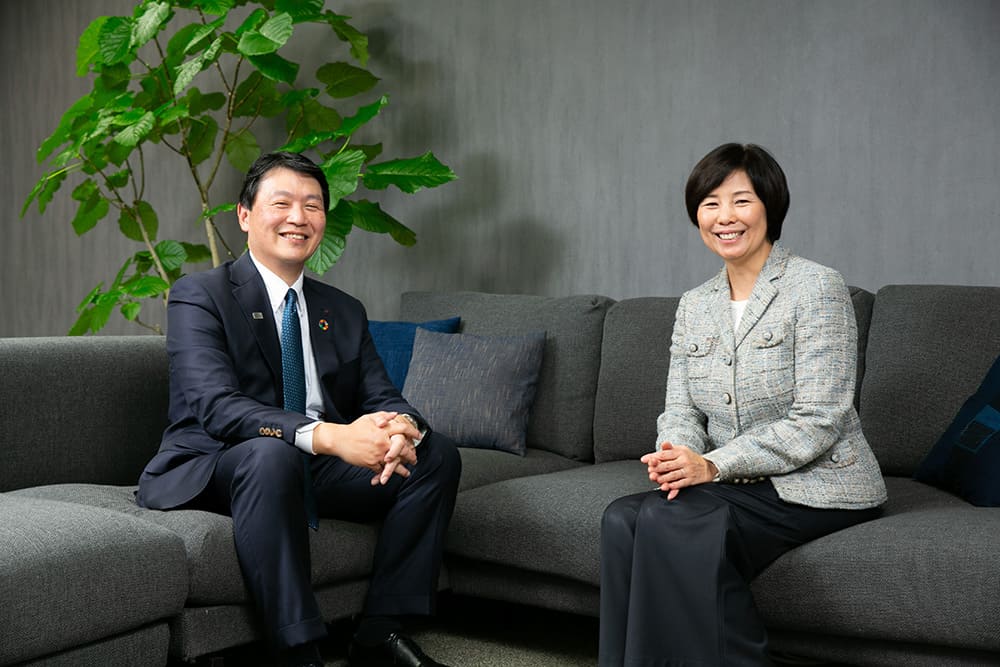September 30, 2022
ESG is a ‘mega-trend’ we can’t put off: fund manager
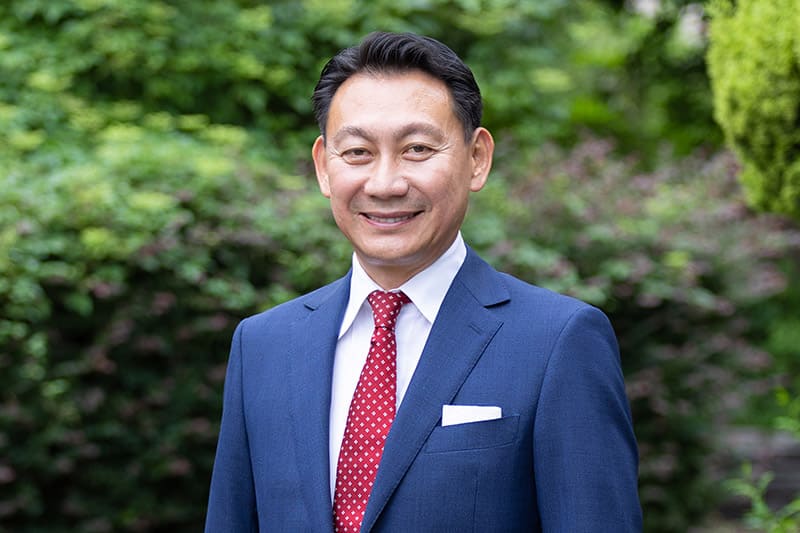
Climate change is an issue that urgently needs to be addressed, even though many countries are facing challenges to their energy security after Russia’s invasion of Ukraine, according to a top investment manager.
“Some people say it’s not the time to care about an ESG [environmental, social and governance] approach. But ESG is such an urgent issue that we can’t put it off anymore. It is a mega-trend that we can’t turn around,” said Noriaki Kurose, president and representative director for Schroder Investment Management (Japan) Ltd.
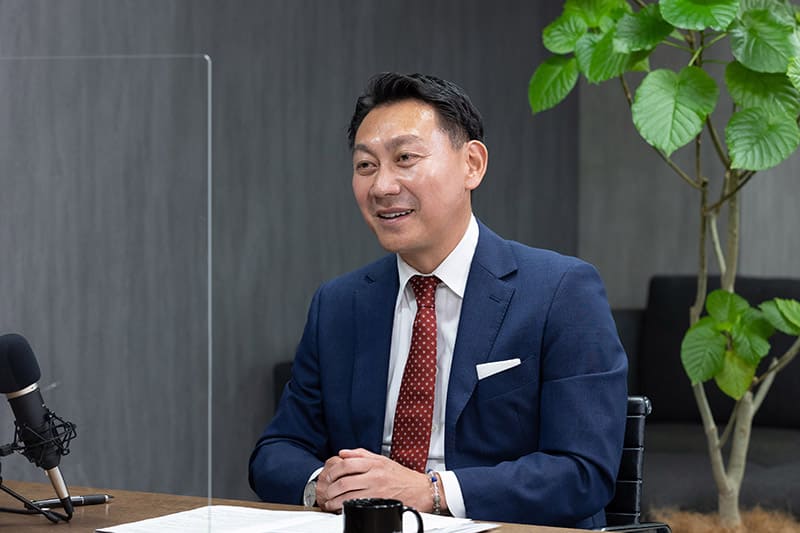
Kurose compared opposition to global climate actions amid the war in Ukraine to people arguing on a ship going down. “When a ship sinks, it is meaningless for the people on board to criticize each other,” he said. “We have to save the ship first.”
Calls to reduce greenhouse gases and stop climate change are growing louder as natural disasters threaten more people almost every year. Recent clear signs of global warming shocked the world this summer.
Extreme heat waves set records in many parts of Europe, with the temperature rising above 40 degrees Celsius in London for the first time in history. Wildfires raged in France, Spain, Portugal, Greece and Italy. AFP reported in August that data from the European Forest Fire Information System showed that 659,541 hectares had been destroyed, a record for that point of the year since data collection began in 2006. Heat waves also scorched Japan, with Tokyo marking the hottest day for late June in 147 years.
Torrential rain and floods hit many cities in Japan, as well as South Africa, Brazil, India and many other parts of Asia. More than one-third of Pakistan was underwater at one point, reported CNN, after torrential monsoon rains — 10 times heavier than usual — caused the Indus River to overflow, and it said more than 1,100 people died from the flooding over 2½ months starting in the middle of June.
Actions to mitigate global climate change have been led by Europe over the past decade, putting pressure on the United States and Japan to follow suit. In Japan, then-Prime Minister Yoshihide Suga declared in 2020 that the country will become a carbon-neutral society by 2050. “In the short term, the demand for fossil fuel is rising and share prices for oil companies are surging” after the war started in Ukraine in February, Kurose said. “But in the long run, they will have to change their business models to those supporting decarbonization. If they don’t, their earnings and share prices will eventually get hit by the negative impact.”

The war in Ukraine and declining imports of liquefied natural gas — cleaner than coal or oil — from Russia strengthened the demand for renewable energy in European nations, which had already been active in taking steps to stop climate change. Earlier this year, Germany passed renewable energy laws that set higher targets for wind and solar energy. Britain aims to reach net-zero emissions by 2050, which will require an increase in renewable energy. The government said earlier this year that it will launch a new independent body, the Future System Operator, to help the country meet the target.
Amid this strong demand, Schroders in April acquired a 75% stake in Greencoat Capital Holdings Ltd., one of Europe’s largest companies for investing in renewable infrastructure, aiming to enhance its position in global sustainability investing.
Kurose said Schroders set up an ESG investment team in 1998 and has focused not just on investment returns but also on social returns. Gauging companies’ social impacts is seen as a difficult task at many financial institutions. Schroders created SustainEx, a tool to measure the costs that companies would face if their negative externalities were priced, or the boost if benefits were calculated. SustainEx, based on about 700 academic papers, thus enables Schroders’ analysts and fund managers to compare companies’ social impacts and analyze such costs in their overall portfolios. For example, analysis based on approximately 40 externalities shows that firms in the tobacco and defense industries have high negative externalities, while sectors such as internet, telephone and pharmaceuticals have high positive externalities.
Tighter regulations to support ESG-minded investment also have pushed financial institutions to further focus on sustainable investing. Last year, the EU adopted the Sustainable Finance Disclosure Regulation (SFDR), which requires more disclosure to avoid “greenwashing” by organizations falsely saying they protect the environment. Asset managers need to classify their funds into three categories: Article 8 covers funds that promote a better environment and society, Article 9 covers financial products targeting sustainable investments, and Article 6 covers funds that are nonsustainable. The new categories have prompted some investor money in Europe to shift to strategies classified under Article 8 or 9. EU-based financial firms feel an urgent need to apply the new regulations to prevent money from leaving their funds.
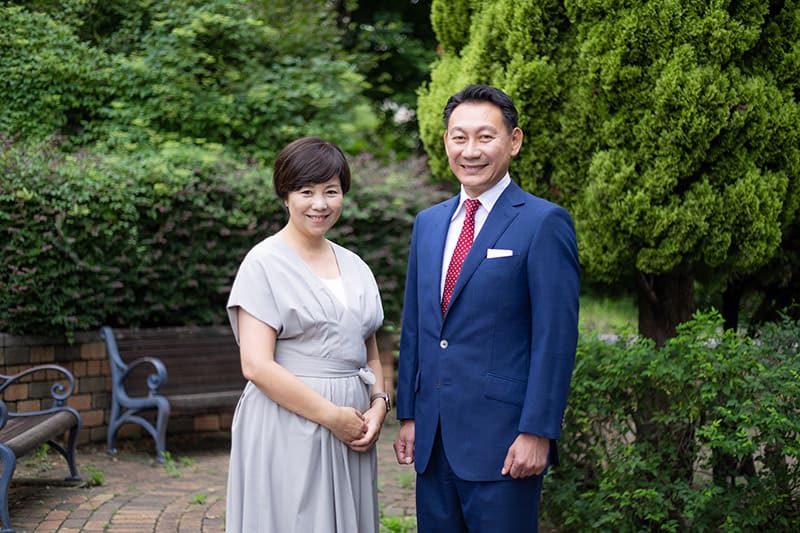

“Japanese firms are aware of this situation in Europe, but they do not yet feel an urgent need to follow the regulations because they are not under pressure to take steps,” Kurose said. If stricter rules were introduced in Japan as well, however, that would change the whole situation, he added.
Kurose said now is the time to further encourage overseas investors to invest in Japan. There are signs that they are more interested in Japanese stocks amid higher geopolitical risks, triggered by Russia’s invasion of Ukraine. “Investors have been re-focusing on Japanese stocks recently. It strikes me that they are more inclined to Japan from abroad,” Kurose said.
Earlier this year, Schroders set up a property investment team in Japan to launch funds to invest in Asian real estate, including Japan. The property team also observed the change in investors’ capital flow shifting to the Japanese market from China and Hong Kong due to geopolitical tensions in China and Taiwan.
“We find the same signs in the Japanese stock market. It is true that we are receiving more inquiries about Japanese equities than before,” Kurose said. “I can say that it’s a good chance for the Japanese market.”
Asked how Japanese companies can attract overseas investors, Kurose said one of the key factors in inviting funds from abroad is whether the firms can differentiate themselves from others, as the high level of Japanese firms’ technology is already well known. “One of the focuses is whether they can expand into overseas markets. If they run business only at home, they should let investors know how their business is unique, profitable and different from others,” Kurose said. “Meanwhile, if they want to attract them with ESG or sustainable business strategies, it would be better to refer to the EU’s SFDR.”
Schroders’ Japan equity team has 20 members and deals in funds worth a total of ¥1.4 trillion ($12.6 billion), out of which ¥800 billion is from overseas. Globally, the investment firm handles assets worth a total of ¥100 trillion, of which ¥2.4 trillion is from Japanese clients’ assets.

